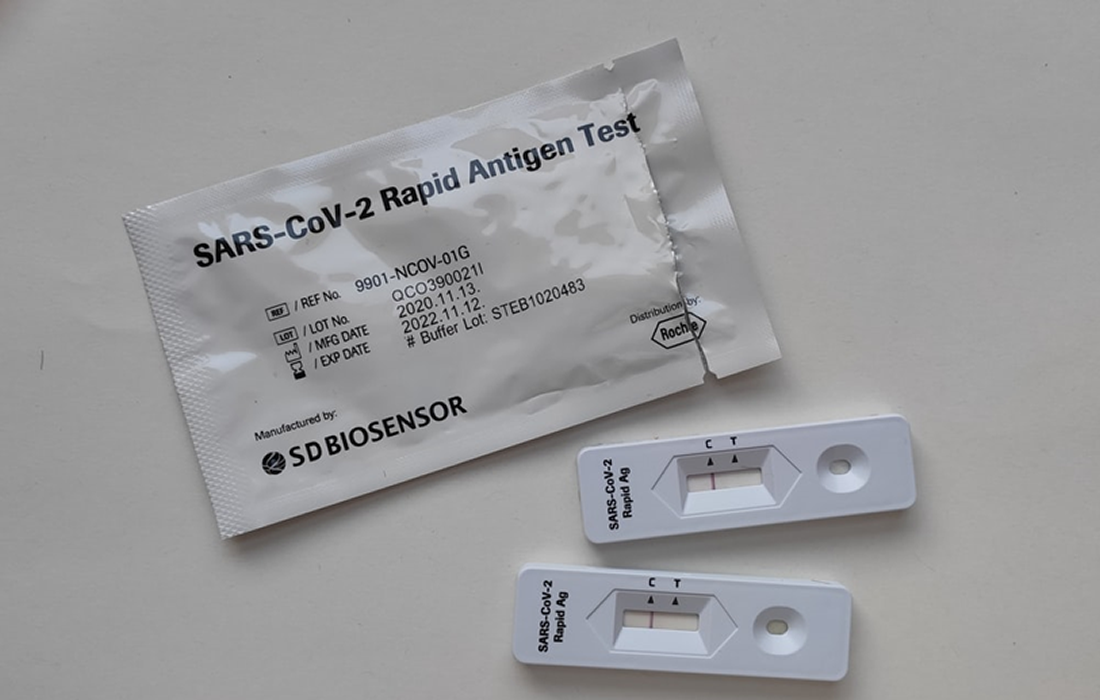COVID-19
A Perspective of How Long is COVID-19 Infectious
The US Center for Disease Control and Prevention (CDC) started to recommend isolation time for people with COVID-19 to five days back at the end of the last year. They said that change was motivated by science results, because they found that the SARS COV 2 transmission occurs in the ½ days before the onset of symptoms and for 2/3 day after.
But many scientists have disputed that decision, because there is not sufficient data to support five days or anything shorter than ten days of isolation. Several studies confirm that many people with COVID-19 remain infectious into the second week after their first symptoms.
Emerging variants, vaccination and varying levels of natural immunity revoked by previous infection can all influence how quickly someone can clear the virus from their system, this can ultimately dictate when they stop being infectious. So, the severity of someone’s symptoms can influence how likely they are to infect others.
How long should I be isolated if I have COVID-19?
There are studies that consisted in the culture of nasal samples for the patients that had COVID-19, for 1 to 15 days, and they found that before the day 10th the SARS COV 2 virus didn’t grow in the culture. Another study that consisted of the same methodology but using PCR tests, found that the high peak of isolation of the virus was at the 7th and 10th day.
So that is why the physicians recommend at least 10 days of isolation if you get infected. Nonetheless, if the symptoms that you have persists further than 7-10 gays, you must go for a physician examination, because of the possibility of be an infectious person or to discard that you’re having a complication of the disease.
Source:
David Adam, (July 26, 2022). How long is COVID infectious? What scientists know so far.Nature. Retrieved from : doi: https://doi.org/10.1038/d41586-022-02026-x
Image:
Photo by Steve Nomax on Unsplash

